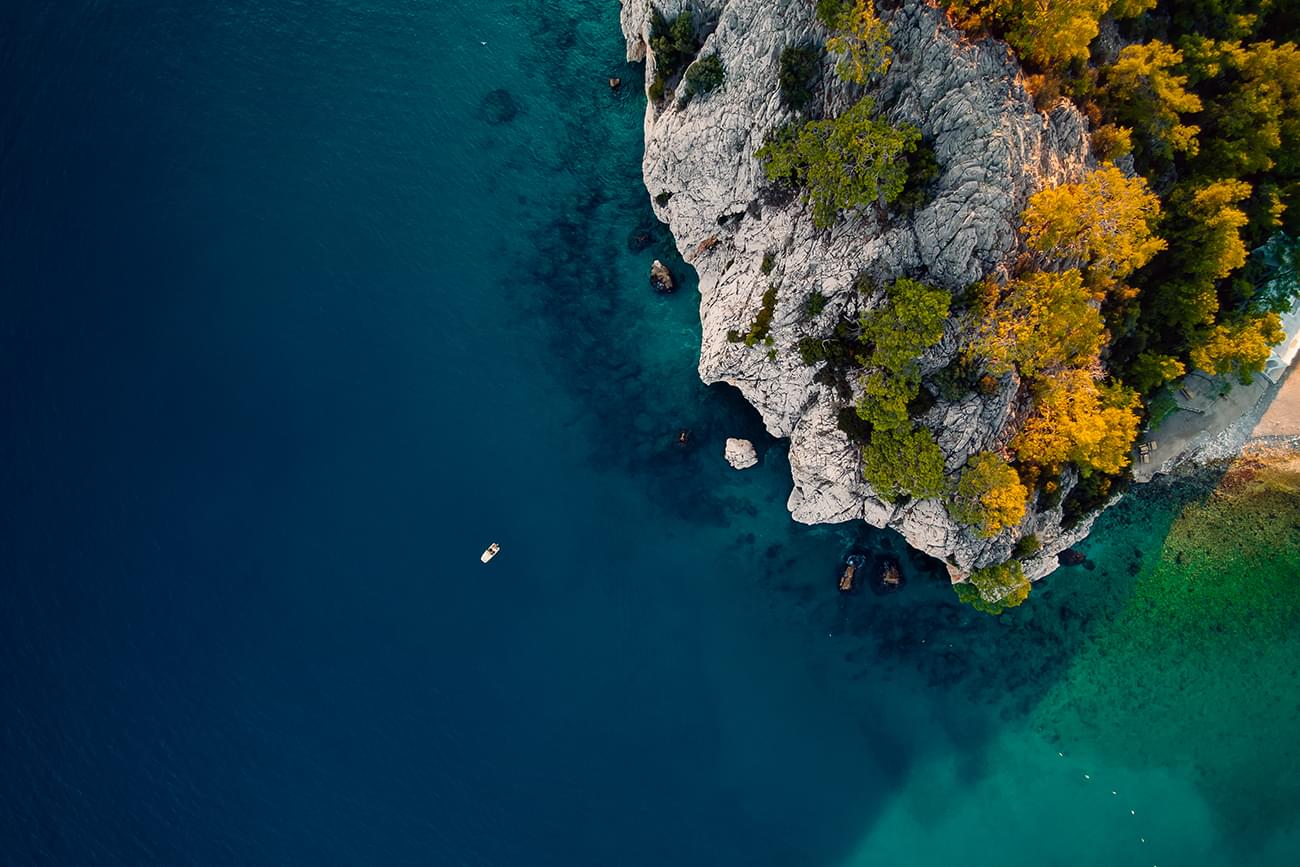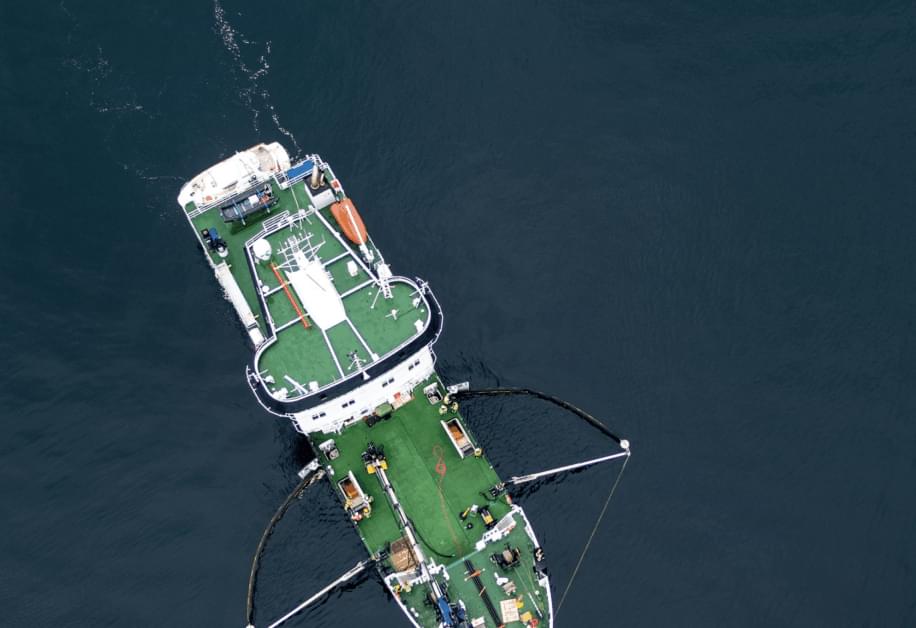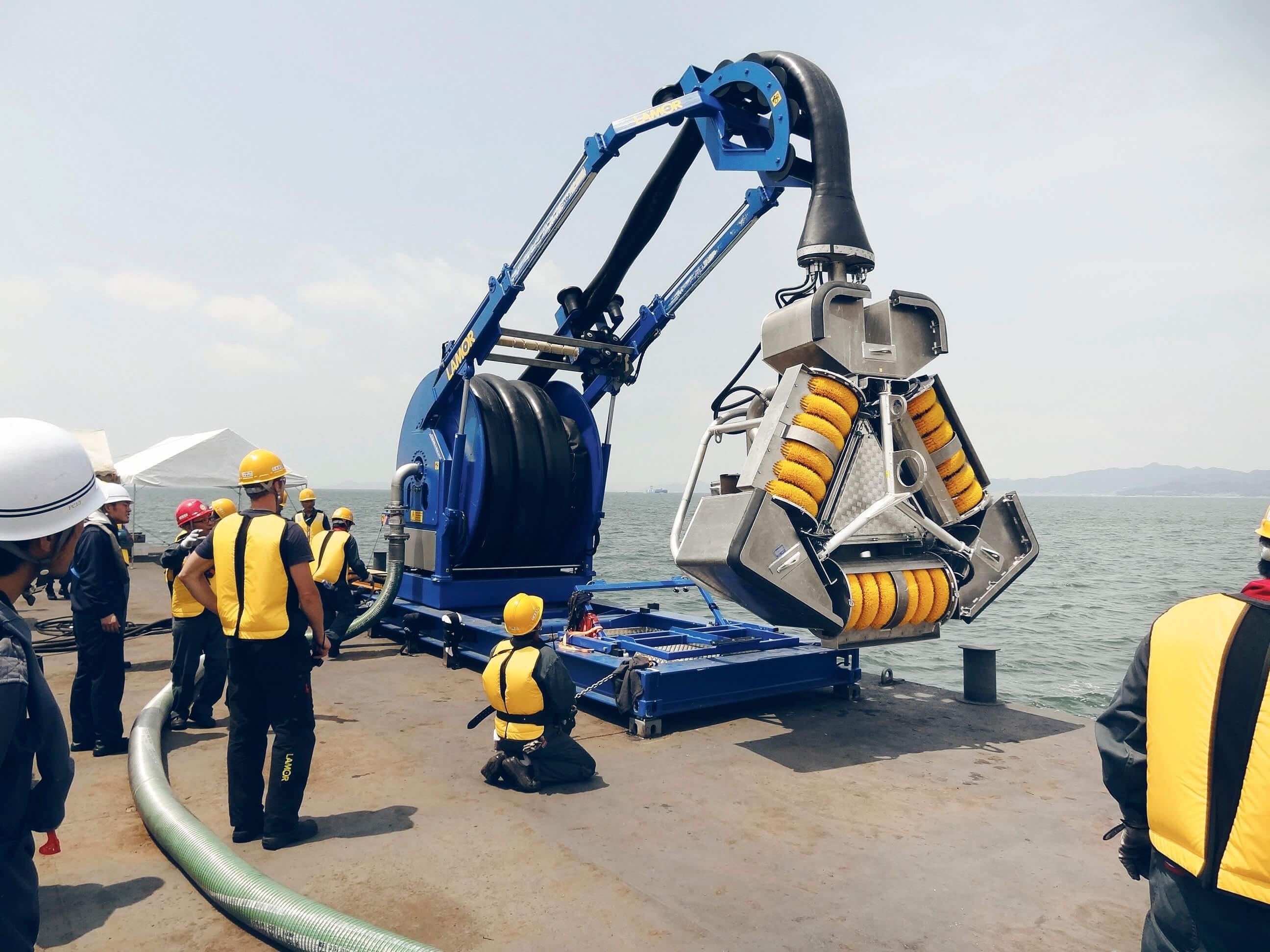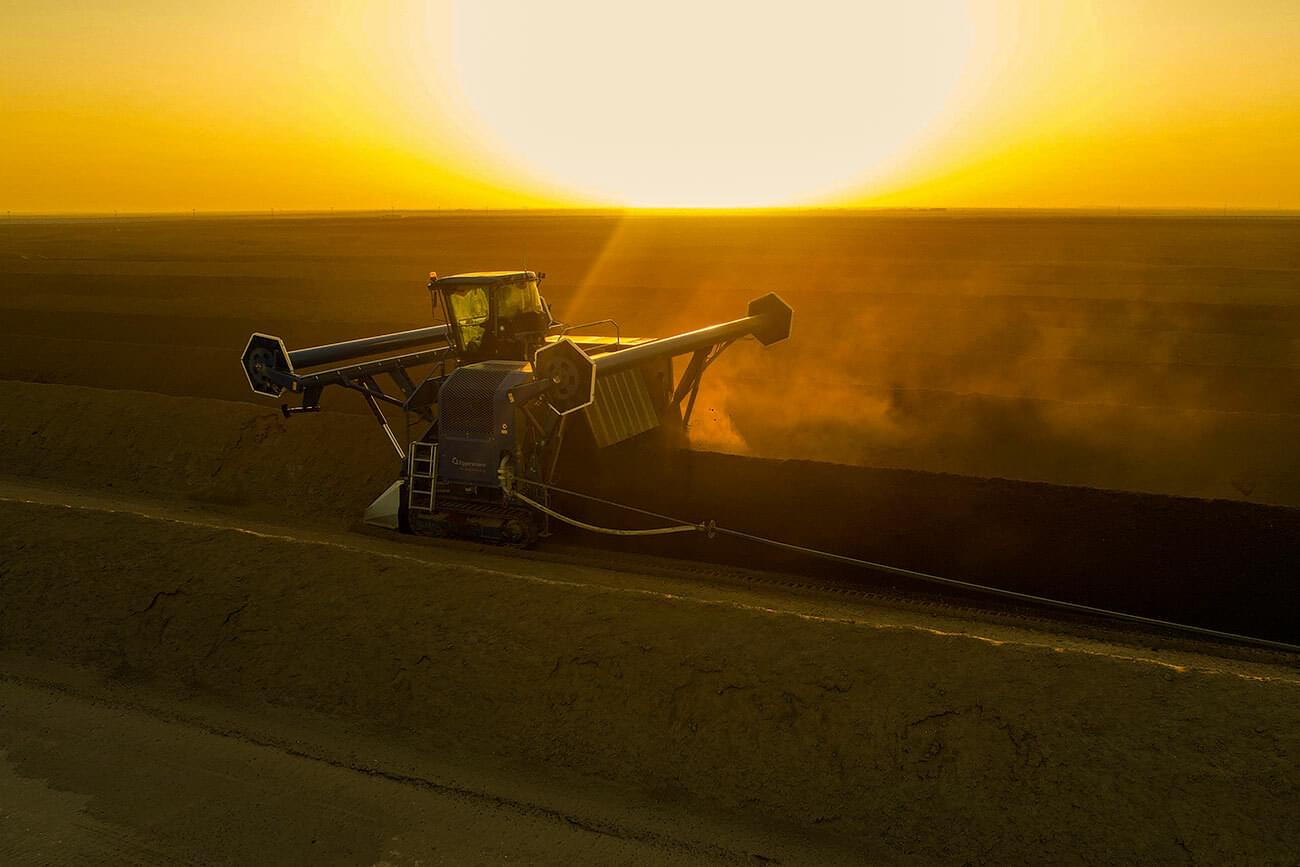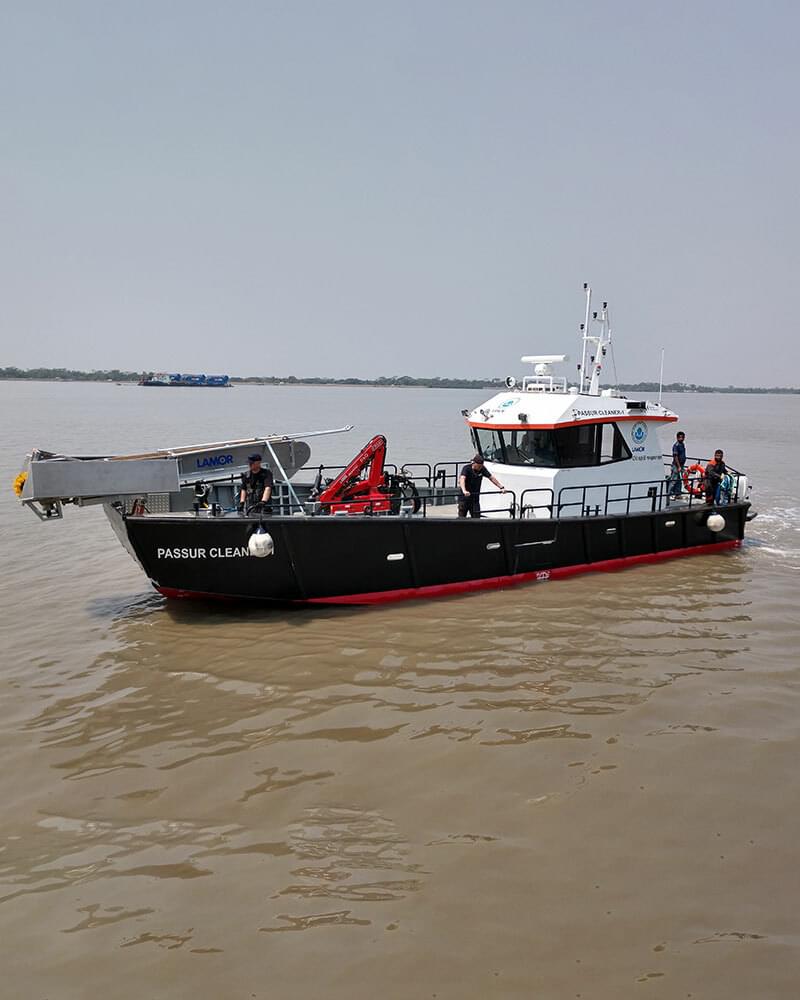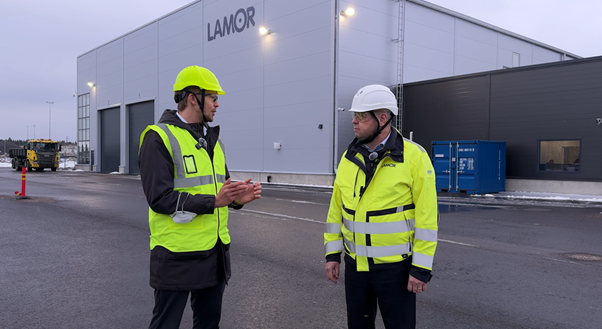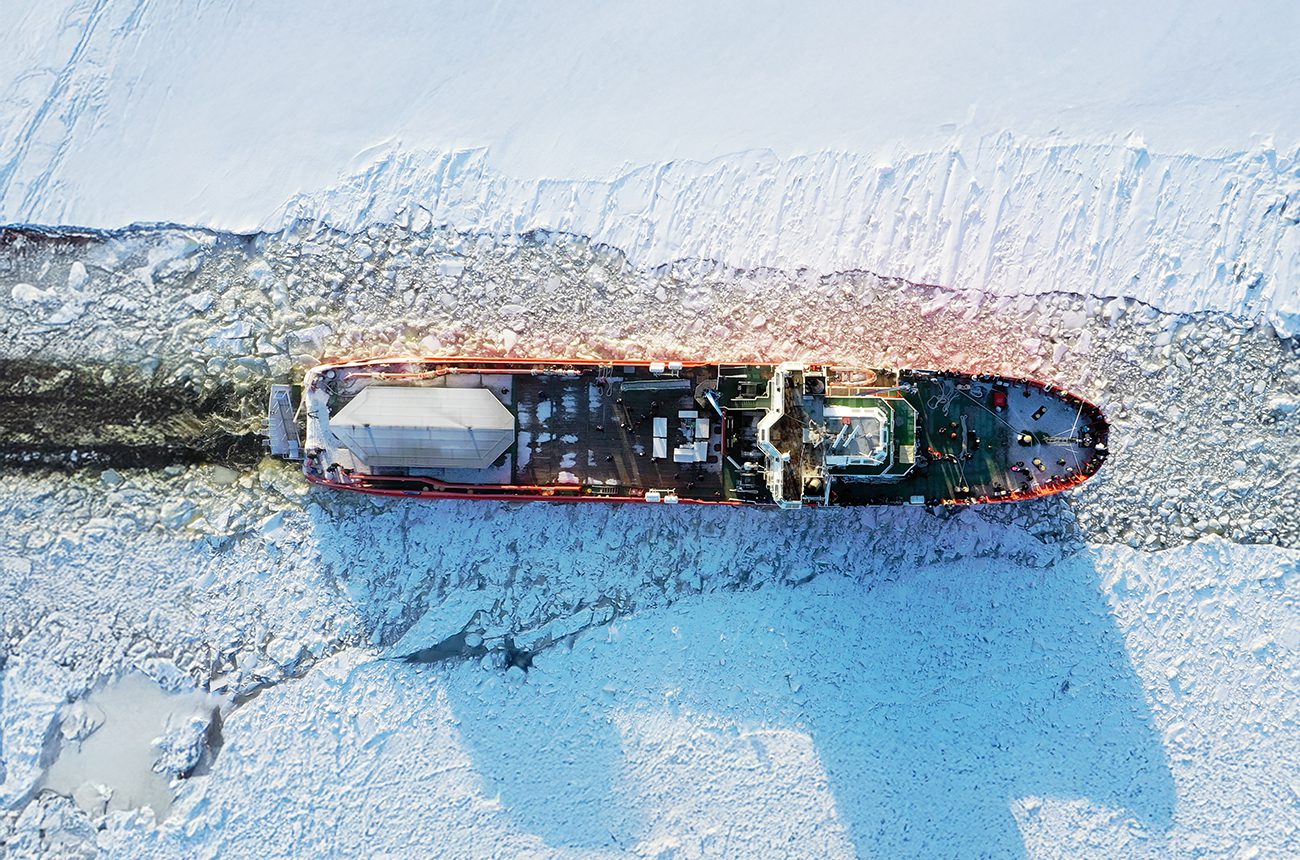Lamor's rapid response to Puinahua river oil spill protects the fragile Peruvian ecosystem
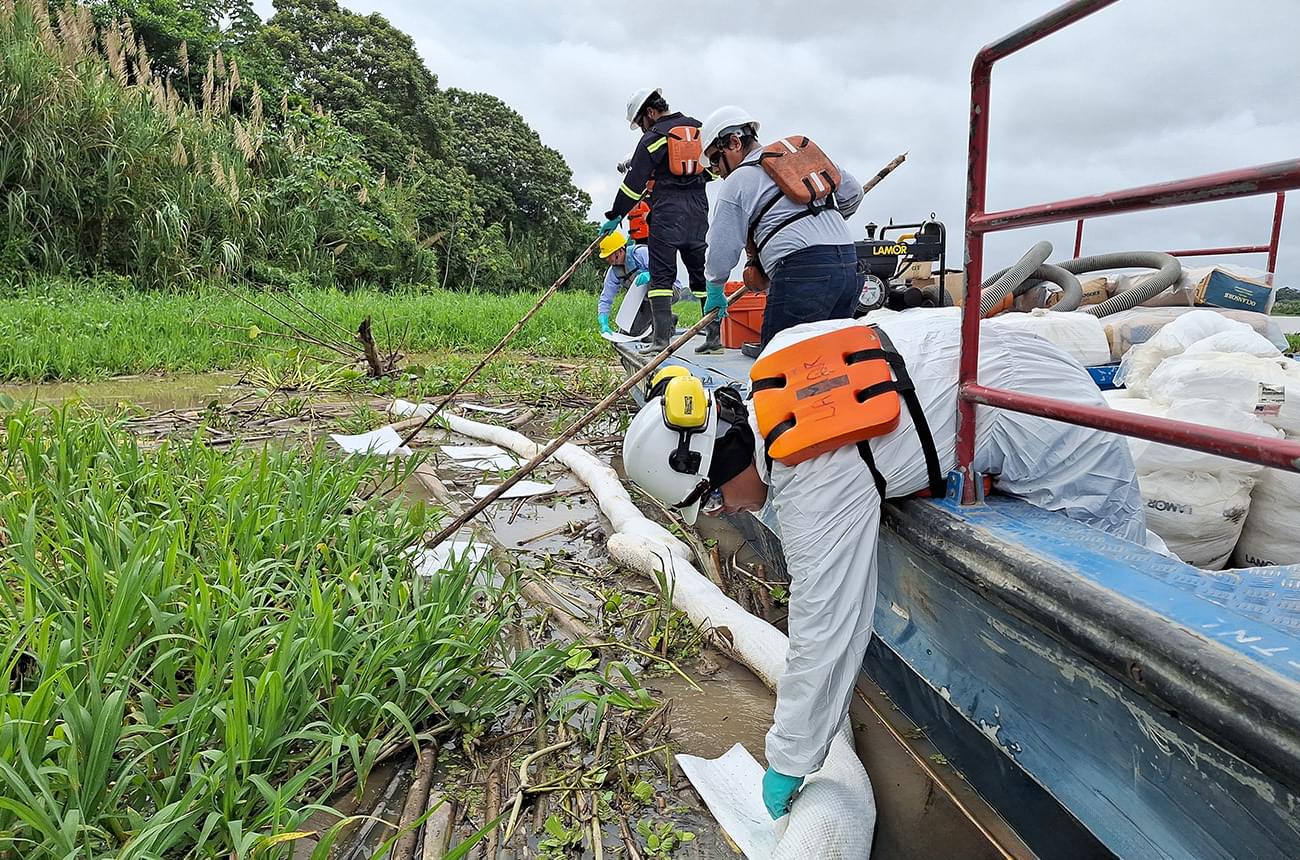
In March 2024, an oil spill in the Puinahua River presented a significant threat to the delicate ecosystem of the Ucayali River, one of the most important rivers of the Amazon basin. Within less than 12 hours of the incident, Lamor's Response Team deployed a comprehensive OSR strategy, employing advanced technologies, expert personnel, and coordinated efforts to contain and manage the spill.
Challenge
The Puinahua River feeds into the Ucayali River, which eventually flows into the Amazon River and the Amazon basin. Consequently, the oil spill in the Puinahua River presented a complex set of challenges, especially the urgent need to contain the spread of oil and mitigate its impact on the surrounding environment and native communities located along the area.
An oil spill in the Puinahua River could have severe consequences, as it may lead to contamination of water, harming aquatic life, and disrupting ecosystems. Additionally, it could affect local communities that rely on the river for drinking water, fishing, and other activities. Economic impacts, such as loss of tourism and damage to industries dependent on clean water, could also occur.
With the whole fragile Peruvian environment at risk, time was of the essence, requiring a swift and coordinated response to minimize ecological damage and protect wildlife habitats.
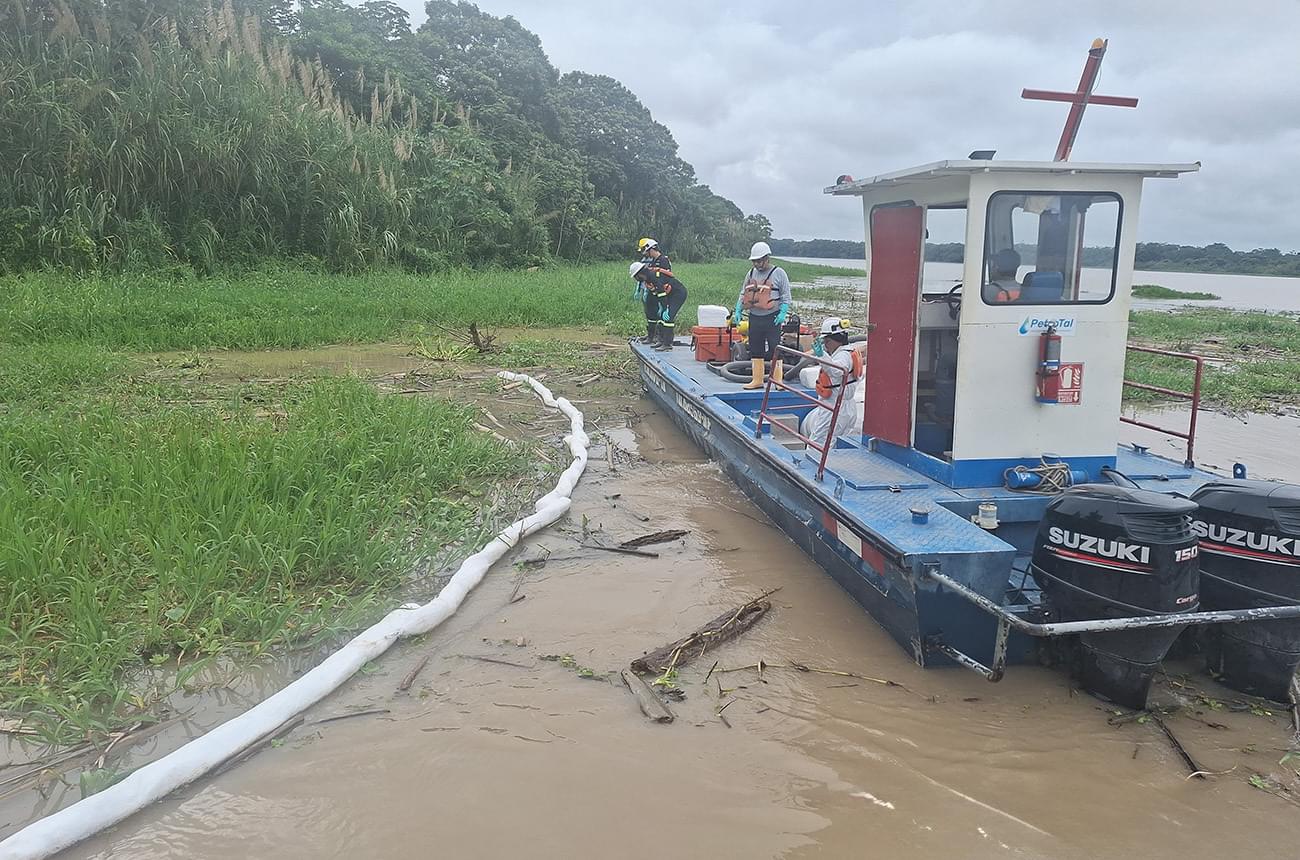
Solution
Lamor's Response Team rapidly mobilized a comprehensive strategy to address the Puinahua River oil spill. Within a remarkably short time-frame of less than 12 hours, the following measures were implemented:
- Establishment of an Incident Management Team to coordinate response efforts and support clients.
- Deployment of aerial surveillance to assess the spill's extent and trajectory, coupled with a detailed weathering mass balance assessment.
- Placement of fluvial task forces along the impacted area to contain and control the spread of oil.
- Mobilization of specialized oil spill response equipment from local stockpiles, ensuring prompt access to necessary resources.
- Deployment of expert personnel and Health, Safety, Environment, and Quality (HSEQ) staff to oversee response operations.
- Utilization of specialized cleanup technologies approved by local authorities and communities to minimize environmental damage.
- Deployment of social, labor, and legal units to address community concerns and ensure compliance with regulatory requirements.
- Provision of Personal Protective Equipment (PPE), absorbent materials, and on-site logistics to support response activities.
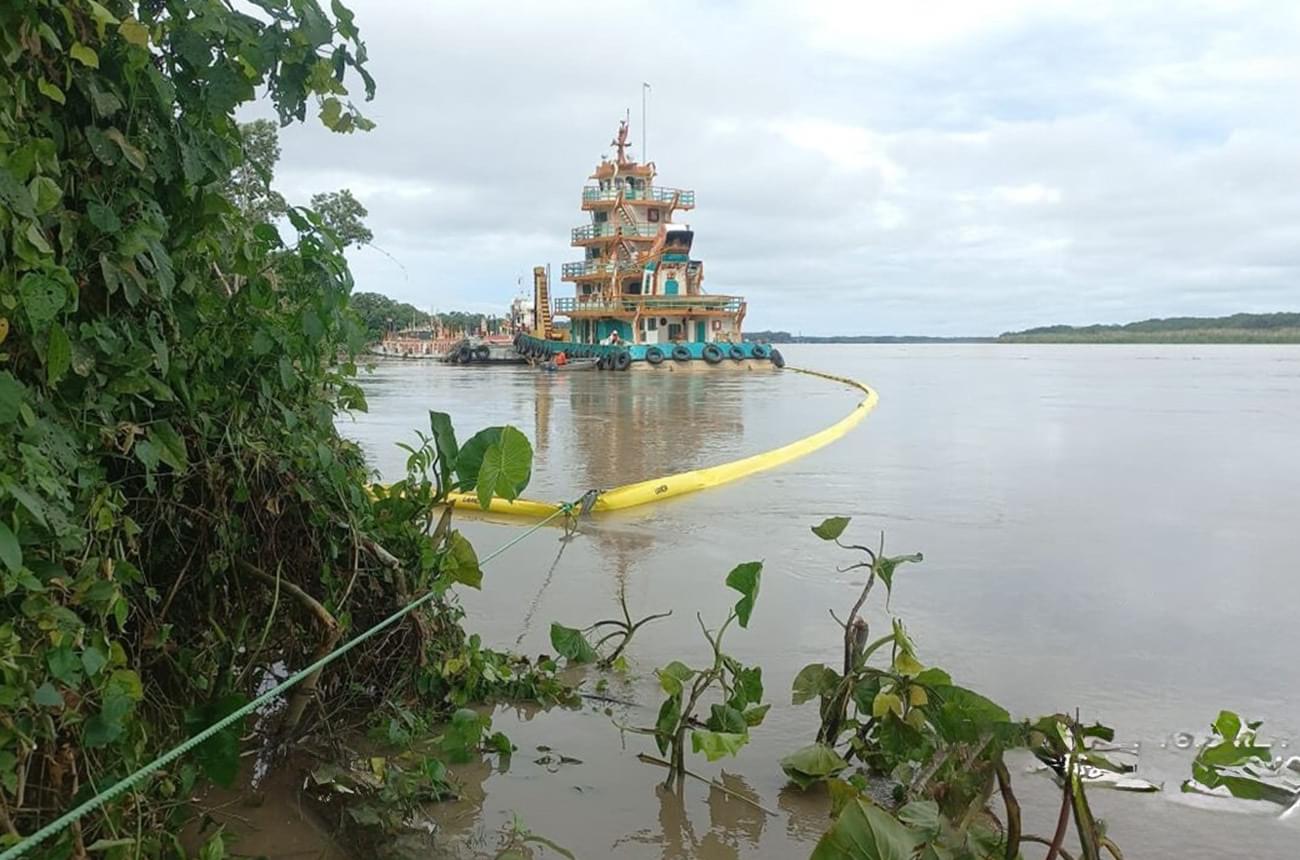
Impact
Lamor's swift response to the Puinahua River oil spill had a significant impact on mitigating environmental damage and safeguarding the delicate ecosystem of the Ucayali River and the broader Amazon basin. Thanks to the rapid response, the worst-case scenario of the oil spill did not materialize, minimizing its potential impact on biodiversity, and the livelihoods of local communities.
By leveraging local resources, well-trained response teams, and effective collaboration with the Peruvian Coast Guard (DICAPI) and National Service of Natural Protected Areas by the State in Peru (SERNANP), Lamor showed dedication to protecting the environment and the preservation of natural habitats.
Lessons learned from this experience underscore the importance of preparedness, cooperation, and deployment of specialized resources in responding to environmental emergencies. Preparedness is the key to successful and appropriate response. Lamor’s proven strength is the ability to scale both technological capacity and manpower on a global scale.
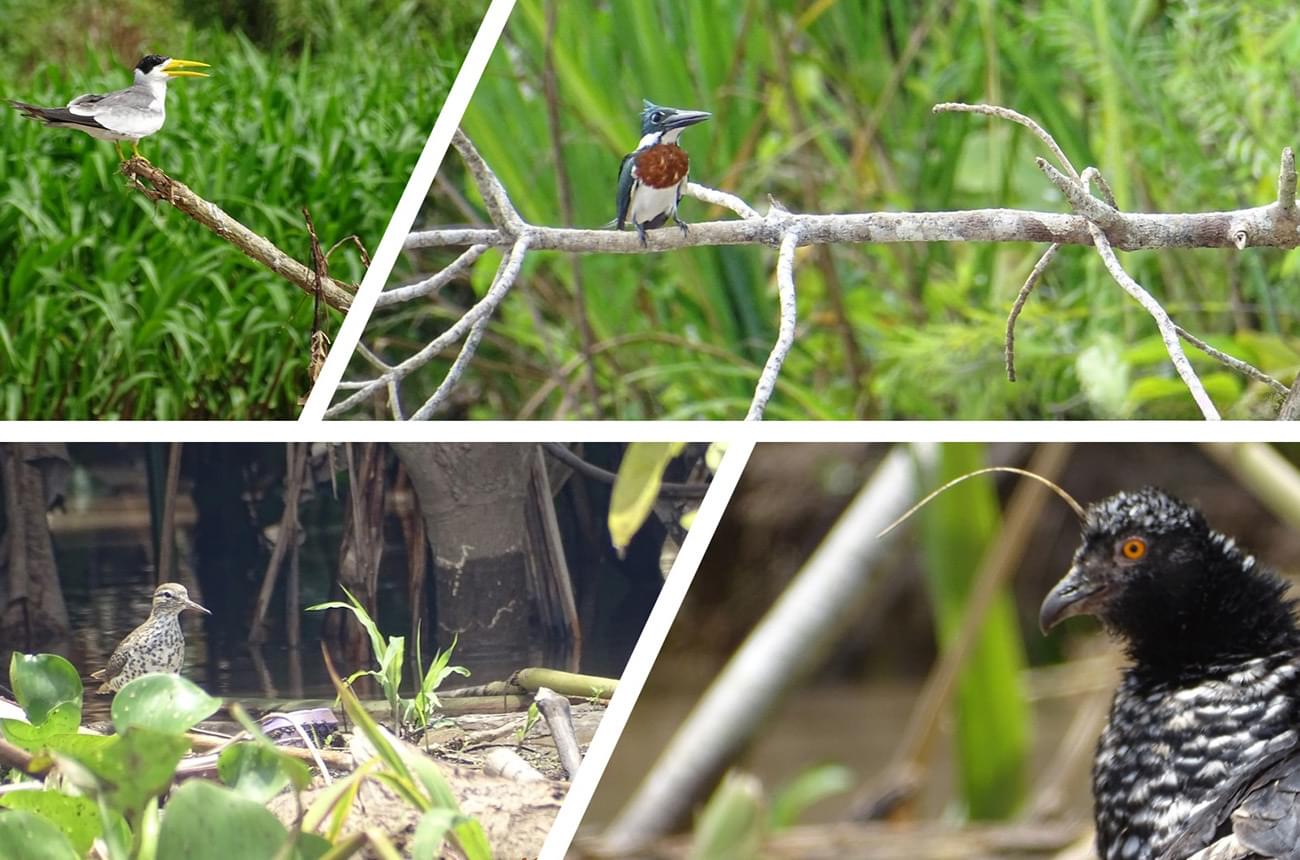
The world can’t clean itself, but together we can.
Stay in the know
Sign up for our newsletter to learn more about innovations enabling the survival of our dear planet.

